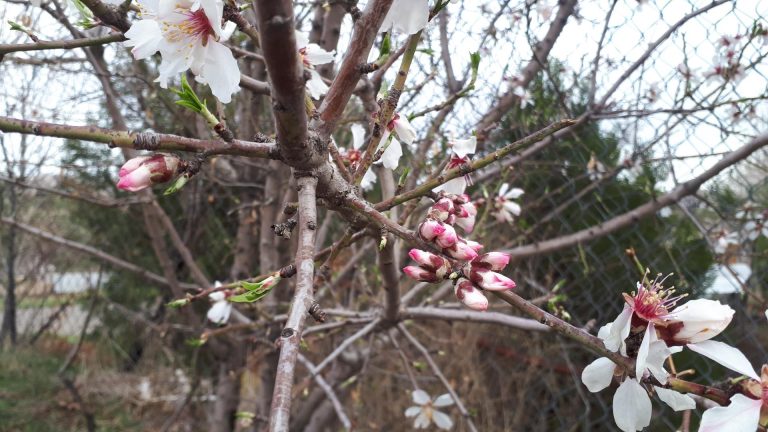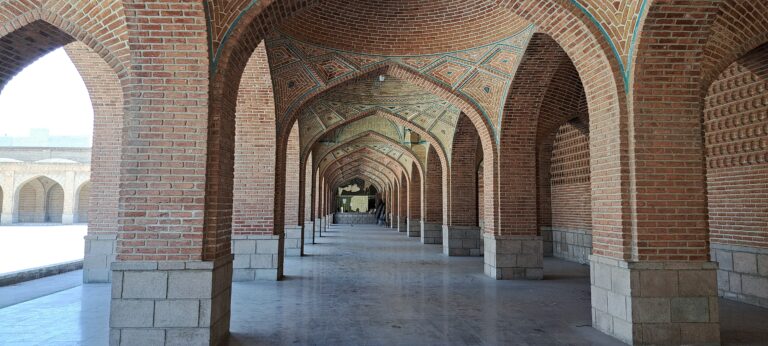Let’s listen and read about Happiness in Persian language. In philosophy, it has always been one of the most important issues that philosophers have thought about and tried to define. In their view, “happiness is the ultimate goal of every human being.” That is, everything a person does is to give him a sense of happiness. We work to feel satisfied and happy. We make money and buy things that make us feel good and we can buy other things that help us to be happier: We buy a house and a car, and we travel. Or, for example, we get married to feel happy. Everything we do in our lives is exactly to create or strengthen this feeling.
Do you want to know what happiness is and how can we achieve it in Persian language? Are you eager to know what the related expressions are in Farsi language and what the rate of happiness is in different countries?
Different philosophers have given different definitions of the topic of our podcast. Some have argued that happiness is a state of mind that depends on our thoughts and attitudes. Others have claimed that it is a result of our actions and choices. And some have suggested that it is a combination of both internal and external factors. No matter what definition we adopt, it seems to be a universal human desire that motivates us to live and grow. However, happiness is not always easy to find or maintain. Sometimes, we face challenges and difficulties that make us unhappy or dissatisfied. Other times, we may feel bored or restless with our lives. How can we overcome these obstacles and enjoy a happy and meaningful life?
One possible way is to learn from the wisdom of the ancient philosophers who devoted their lives to studying happiness and its causes. For example, Aristotle believed that happiness is the highest good and the purpose of human existence. He defined happiness as “the activity of the soul in accordance with virtue.” Aristotle argued that happiness is not something that we can get from external sources, but something that we can cultivate within ourselves by living a virtuous and rational life. He also emphasized the importance of friendship, leisure, and self-knowledge for achieving happiness.
Another influential philosopher who explored the nature of happiness was Epicurus. He taught that happiness is the absence of pain and the presence of pleasure. Epicurus advised his followers to avoid unnecessary desires and fears that cause anxiety and suffering, and to focus on the simple and natural pleasures that bring joy and satisfaction. He also valued friendship, freedom, and tranquility as essential ingredients for happiness.
A third example of a philosopher who offered a unique perspective on happiness was Seneca. He was a Stoic who believed that happiness is the result of living in harmony with nature and reason. Stoic claimed that it is not affected by external circumstances but by our own judgments and reactions. He urged his readers to practice self-control, courage, justice, and wisdom in order to cope with the challenges of life and achieve inner peace and happiness.
These are just some of the many philosophical views on happiness that can inspire us to reflect on our own lives and goals. By learning from these thinkers, we may discover new ways of understanding and pursuing happiness that suit our own needs and preferences. Happiness may not be easy to define or achieve, but it is certainly worth exploring and striving for.
According to the World Happiness Report, Iran was ranked 108th among 155 countries studied in 2017, with a score 4.69. Its score in Iran has increased slightly to 4.89 in 2021, but it is still below the global average of 5.53. Some of the factors that may affect the level of happiness in Iran are human development, economic freedom, political rights, civil liberties, gender gap, innovation, peace and social progress.
Learning new things, as what you are doing now, learning Persian, can be one way to increase your satisfaction from life and therefore end your happiness.
Persian language is a beautiful and expressive language that has a long history and a rich literature. Persian language can be a source of happiness for many people who speak it or learn it. For native speakers, Persian language can be a way of expressing their emotions, thoughts, and values. Persian language can also connect them to their cultural heritage and identity. For the learners, Persian language can be a way of exploring a new world of knowledge, art, and diversity. Persian language can also challenge them to develop their cognitive and linguistic skills. Learning Persian language can open up new opportunities for communication, education, and travel. Whether you are a native speaker or a learner, Persian language can bring you joy and satisfaction.
To visit Iranian people and learn about their culture and nature follow THIS LINK.
To learn Persian grammar, here you can find lessons on Persian Grammar.
Are you interested in learning Persian with music, HERE is where you can find many slow Persian songs with their lyrics.
Practice Dubbing the characters in Persian series HERE.
Listen to famous speeches from Iranian political figures, and learn about their mindset and a little bit of history through their talk HERE


